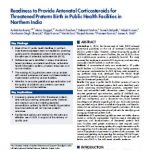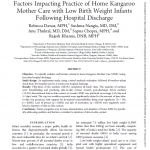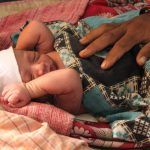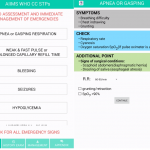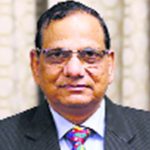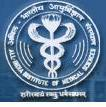
AIIMS was created in 1956 to serve as a nucleus for nurturing excellence in all aspects of health care.
All-India Institute of Medical Sciences was established as an institution of national importance by an Act of Parliament with the objects to develop patterns of teaching in Undergraduate and Post-graduate Medical Education in all its branches so as to demonstrate a high standard of Medical Education in India; to bring together in one place educational facilities of the highest order for the training of personnel in all important branches of health activity; and to attain self-sufficiency in Post-graduate Medical Education.
The Institute has comprehensive facilities for teaching, research and patient-care. As provided in the Act, AIIMS conducts teaching programs in medical and para-medical courses both at undergraduate and postgraduate levels and awards its own degrees. Teaching and research are conducted in 42 disciplines. In the field of medical research AIIMS is the lead, having more than 600 research publications by its faculty and researchers in a year. AIIMS also runs a College of Nursing and trains students for B.Sc.(Hons.) Nursing post-certificate) degrees.
Twenty-five clinical departments including four super specialty centers manage practically all types of disease conditions with support from pre- and Para-clinical departments. However, burn cases, dog-bite cases and patients suffering from infectious diseases are not entertained in the AIIMS Hospital. AIIMS also manages a 60-beded hospital in the Comprehensive Rural Health Centre at Ballabgarh in Haryana and provides health cover to about 2.5 lakh population through the Centre for Community Medicine.
Objectives of AIIMS
- To develop a pattern of teaching in undergraduate and postgraduate medical education in all its branches so as to demonstrate high standard of medical education to all medical colleges and other allied institutions in India.
- To bring together in one place educational facilities of the highest order for the training of the personnel in all important branches of the health activity.
- To attain self sufficiency in postgraduate in medical education.
What we do
The Division of Neonatology, Department of Pediatrics was designated as the WHO Collaborating Centre for Training and Research in 1997. The Centre has made significant contribution towards promotion of newborn health at the national and international level. We have worked closely with the Government of India, several state governments, Indian Council of Medical Research, National Neonatology Forum, Indian Academy of Pediatrics, Nursing and Medical Schools and NGO’s. We are privileged to have been associated with a wide range of neonatal health initiatives of the World Health Organization through the India Country Office, the South East Asia Regional Office as well as the HQ’s at Geneva. We have collaborated actively with UNICEF, Saving Newborn Lives/Save the Children, the Rotary International and several leading Universities in North America. It is an honour for us to be able to contribute to newborn health with partners in DPR Korea, Nepal, Bangladesh, Sri Lanka, East Timor, Maldives, Indonesia, Pakistan and Bhutan.
The spectrum of our work spans from training and education, tools development research, advocacy, policy and dissemination thereof. The areas of special focus include Integrated Management of Neonatal and Childhood Illness, Neonatal Resuscitation Program, Newborn Nursing, Kangaroo Mother Care, Neonatal–Perinatal Database and Networking, home and community-based newborn care, technologies for maternal newborn health and newborn health programming within the maternal, newborn and child health (MNCH) continuum.
